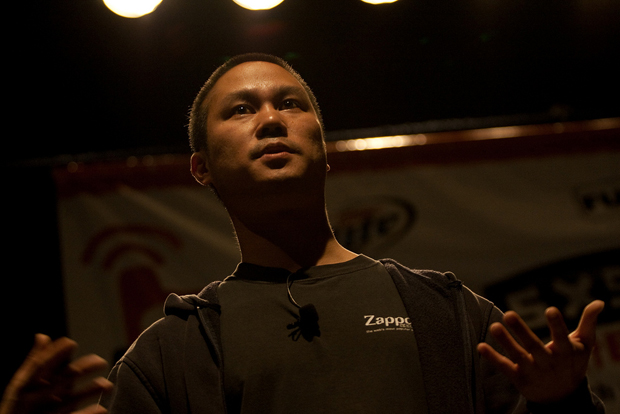 |
| From Static. |
American and European survey respondents were asked to rate themselves as "Very Happy," "Pretty Happy," or "Not too Happy." Results showed that "Very Happy" Europeans dropped from around 28% to 23% as work hours increased from under 17 a week to more than 60. American happiness, on the other hand, stayed the same as work hours increased, while their sense of "bliss" increased. This holds true despite other factors, such as age, marital status, and income.
Economics professor Richard Easterlin, who was not involved in the study, but comments on it anyway, theorizes that Americans believe more in the rewards of hard work. "It's not really that hard work brings more success in the U.S. than in Europe; it's what people believe in," he says.
You can read the actual study in the April issue of the Journal of Happiness Studies.










